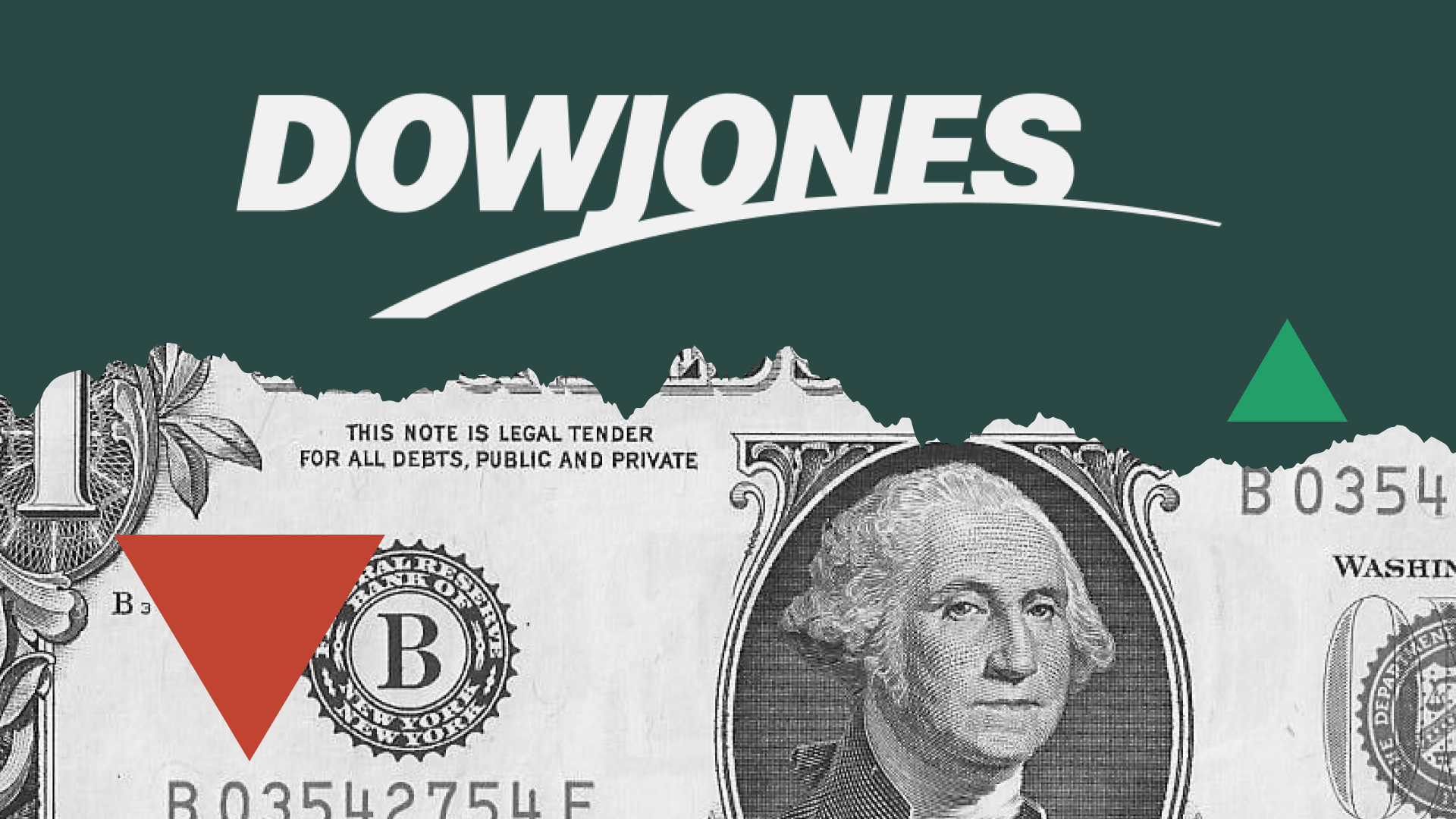What is Dow Jones Industrial Average?
The Dow Jones Industrial Average (DJIA), also known as simply “the Dow,” is a stock market index that represents the value of 30 large, publicly traded companies in the United States. The DJIA is calculated by adding up the stock prices of these 30 companies and dividing the total by a divisor, which is adjusted periodically to account for changes in the underlying companies.
The Dow Jones Industrial Average is one of the most widely followed stock market indexes in the world, and is often used as a barometer of the overall health of the U.S. stock market. The companies included in the index are typically leaders in their respective industries, and are considered representative of the broader U.S. economy. However, it’s important to note that the DJIA is just one of many stock market indexes and is not necessarily a comprehensive indicator of the entire U.S. economy.
History Dow Jones Industrial Average:
The Dow Jones Industrial Average (DJIA) was first created in 1896 by Charles Dow and Edward Jones, co-founders of the Dow Jones & Company financial news service. At the time, the DJIA included just 12 companies, mostly in the industrial sector, such as General Electric, U.S. Steel, and American Tobacco.
Over time, the DJIA has undergone numerous changes, both in terms of the number of companies included and the industries represented. For example, in 1928, the index expanded to include 30 companies, a number that has remained constant to this day. In the 1970s, the DJIA began to include more companies outside of the industrial sector, such as Coca-Cola and McDonald’s, reflecting the growing importance of the service and consumer sectors in the U.S. economy.
The DJIA has also experienced several significant market events throughout its history. One of the most notable was the stock market crash of 1929, which marked the beginning of the Great Depression. The index also saw significant declines during the dot-com bubble burst in 2000-2002, as well as during the global financial crisis of 2008.
Despite these challenges, the DJIA has generally trended upwards over the long term, reflecting the growth of the U.S. economy and the success of American businesses. Today, the index remains a widely followed and influential measure of the U.S. stock market.
What ticker tracks the Dow Jones?
The Dow Jones Industrial Average (DJIA) is not a security that can be bought or sold like an individual stock or an exchange-traded fund (ETF). Instead, the DJIA is a price-weighted index that tracks the performance of 30 large, publicly traded companies in the United States.
There are several ways that investors can gain exposure to the DJIA, like:
- ETFs: Several ETFs track the performance of the DJIA, such as the SPDR Dow Jones Industrial Average ETF (DIA) and the ProShares Ultra Dow30 (DDM), which seeks to provide twice the daily performance of the DJIA.
- Futures contracts: Futures contracts based on the DJIA are available for trading on the Chicago Board of Trade (CBOT) and other futures exchanges. These contracts allow investors to bet on the future direction of the DJIA and potentially profit from price movements.
- Mutual funds: Many mutual funds invest in stocks included in the DJIA as part of their overall investment strategy. Investors can find mutual funds that seek to track the DJIA or use it as a benchmark for their investment performance.
Investors can use the ticker symbol of the ETF or futures contract to track the performance of the DJIA. The ticker symbol for the SPDR Dow Jones Industrial Average ETF is DIA, and the ticker symbol for futures contracts based on the DJIA is YM.
Dow Jones constituents weighting:
The Dow Jones Industrial Average (DJIA) is a price-weighted index, which means that the weighting of each stock in the index is based on its price per share rather than its market capitalization. Specifically, the DJIA is calculated by adding up the prices of all 30 stocks in the index and dividing by a divisor that is adjusted periodically to account for changes in the underlying companies.
As of April 2023, the weighting of the 30 stocks in the DJIA ranges from around 1% to 10%. The highest-weighted stock in the index is currently Goldman Sachs, which accounts for about 10% of the index’s total value. Other high-weighted stocks in the index include Apple, Boeing, and Home Depot, which each account for around 6-7% of the index.
It’s worth noting that the DJIA’s price-weighted methodology can sometimes lead to distortions in the index’s performance, particularly when the price of one or more high-weighted stocks experiences large swings. In contrast, many other stock market indices, such as the S&P 500 and the NASDAQ Composite, are weighted by market capitalization, which can provide a more accurate reflection of the overall value of the underlying companies.
Dow Jones Stocks list:
- 3M Company (MMM)
- American Express Company (AXP)
- Amgen Inc. (AMGN)
- Apple Inc. (AAPL)
- The Boeing Company (BA)
- Caterpillar Inc. (CAT)
- Chevron Corporation (CVX)
- Cisco Systems, Inc. (CSCO)
- The Coca-Cola Company (KO)
- The Walt Disney Company (DIS)
- Dow Inc. (DOW)
- Goldman Sachs Group Inc. (GS)
- The Home Depot, Inc. (HD)
- Honeywell International Inc. (HON)
- International Business Machines Corporation (IBM)
- Intel Corporation (INTC)
- Johnson & Johnson (JNJ)
- JPMorgan Chase & Co. (JPM)
- McDonald’s Corporation (MCD)
- Merck & Co., Inc. (MRK)
- Microsoft Corporation (MSFT)
- Nike, Inc. (NKE)
- Procter & Gamble Company (PG)
- Salesforce.com, Inc. (CRM)
- The Travelers Companies, Inc. (TRV)
- UnitedHealth Group Incorporated (UNH)
- Verizon Communications Inc. (VZ)
- Visa Inc. (V)
- Walgreens Boots Alliance, Inc. (WBA)
- Walmart Inc. (WMT)
